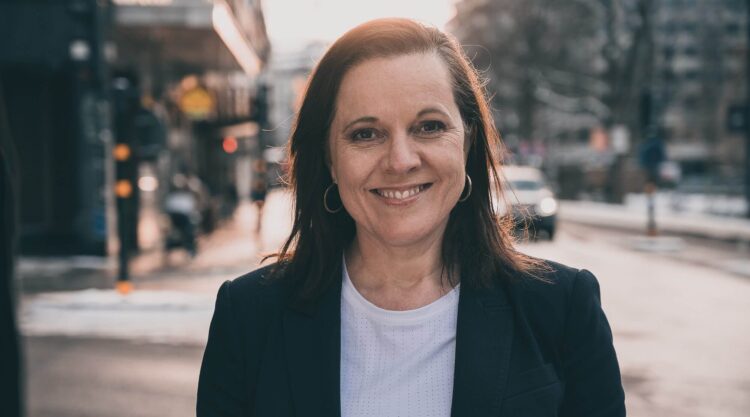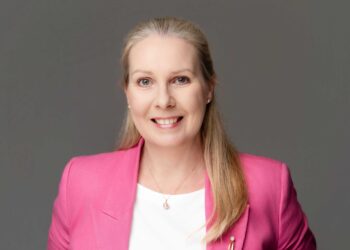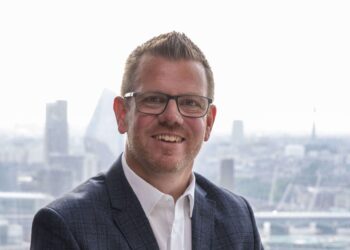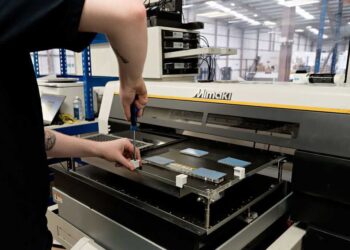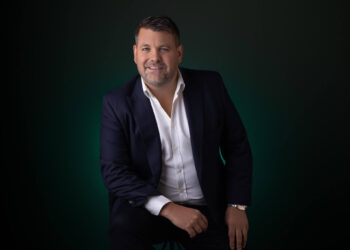The outcome of the US election provided the latest twist in a year of progress and turmoil for the IT channel’s sustainable transformation.
Here, Clare Hobby, Director, Purchaser Engagement, Global at TCO Development, gives her progress report on sustainable IT as we head into 2025.
- Reflecting on the past year, what trends have you observed within the sustainability, IT procurement, and certification industry?
This past year, the focus on EU regulations, particularly around reporting requirements and the new battery directive, has reached new heights. Circularity has taken centre stage, but what’s becoming clear is that measuring Scope 3 emissions – those that ripple through supply chains – is tougher than many realised. The sheer time and effort that organisations are putting into meeting reporting standards is pulling them away from innovating where it matters most – cutting those Scope 3 emissions. In this environment, sustainability is no longer a choice; it’s an obligation. It’s about recognising that we need to act now, across the entire value chain, to make real progress.
- What topics and themes have experts emphasised at the conferences and events you’ve attended?
Circularity remains a core theme, with regulations tightening and companies realising they need to play the long game. There’s also a growing conversation around the sustainability workforce – how do we equip people with the skills to meet these challenges head-on? It’s about understanding where the real impact lies across the supply chain and engaging suppliers in meaningful dialogues. Scope 3 emissions are a big part of these discussions – they keep coming up as a central issue that needs more attention.
- Has the industry made tangible progress this year, or are external factors slowing it down?
We’ve made strides toward embracing more circular business models, but old habits die hard. Existing contracts and procurement processes can be real barriers to progress, and it’s clear that many procurement teams still don’t know exactly what they should be asking for in terms of sustainability. The transition to models like “as-a-service” is promising, but it’s going to take deeper engagement across the board to truly move the needle. The challenge is getting everyone on the same page, and that requires both leadership and flexibility.
- Looking ahead to 2025, what will be the key topic or theme making the biggest impact on the industry?
The focus will be firmly on Scope 3 reductions. It’s the piece of the puzzle that companies are still grappling with, and it’s where we’re going to see the most push in 2025. Circularity will also remain a big driver, but the key challenge will be how we get businesses to integrate these practices across the entire lifecycle of IT products – from design to the end of their usable life.
- What do you think will drive the most conversation and hype in 2025?
Scope 3 emissions will dominate the conversation, not just because of the regulatory pressures but also because companies are realising that this is where their biggest opportunities lie. There’s going to be a lot of excitement – and some frustration – around how we tackle these indirect emissions, but it’s going to spark real innovation. It’s about recognising that we can’t keep pushing off the hard work of circularity and emissions reductions; we need to dive deeper into the supply chain to make lasting change.


